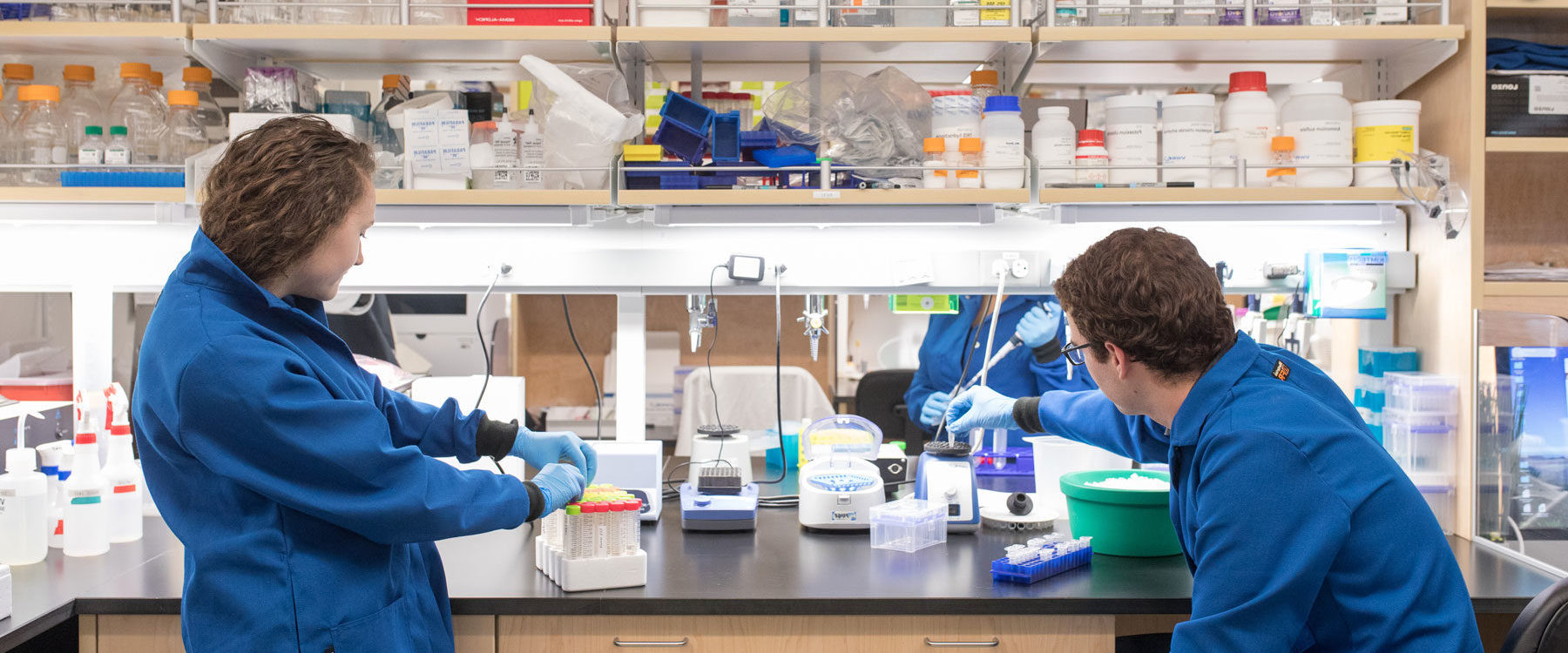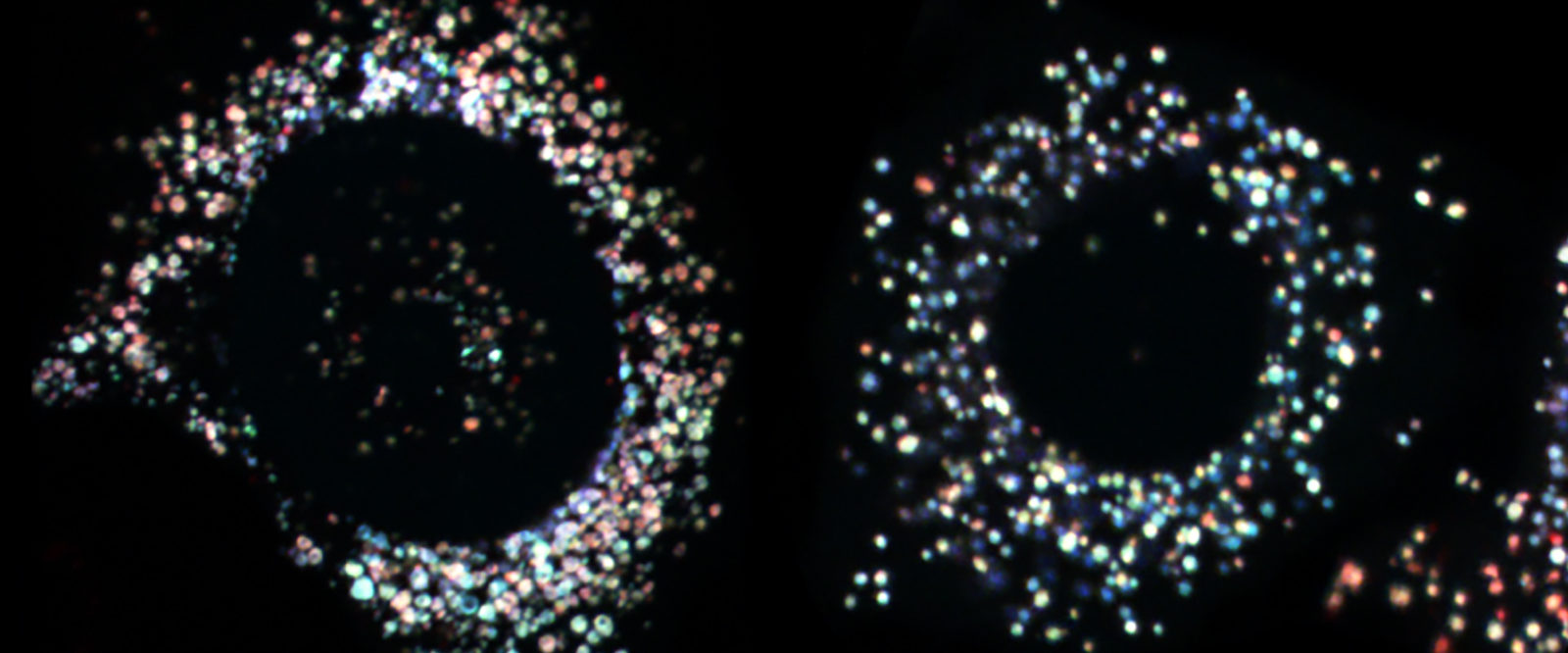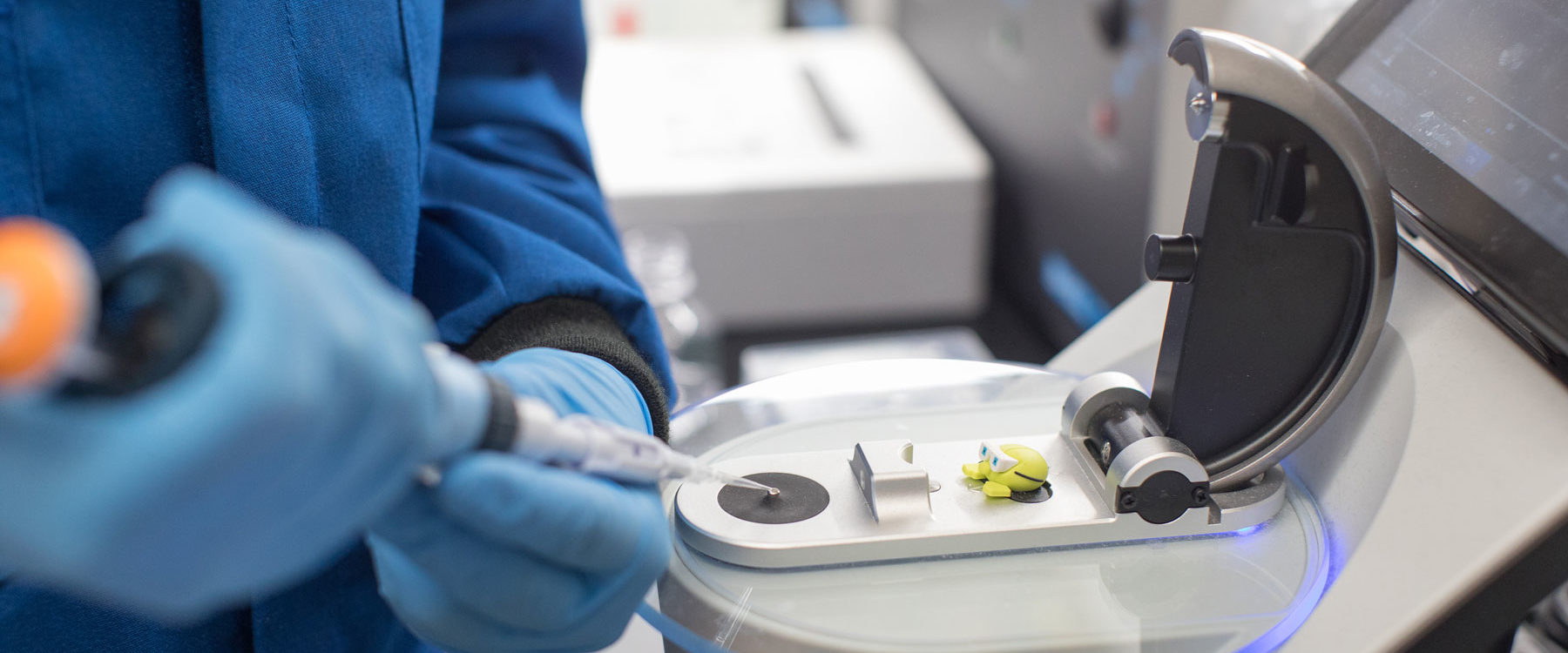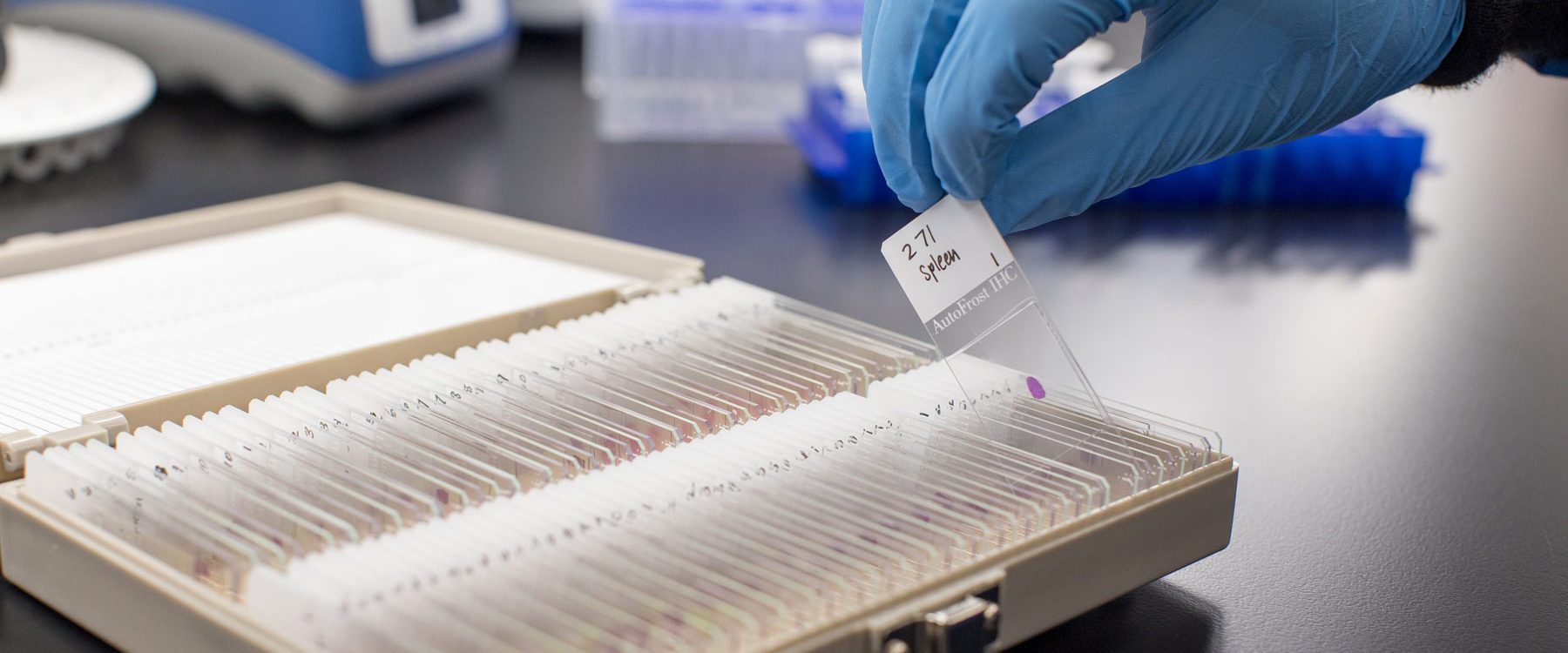Aging is the primary risk factor for almost every disease endemic to western society. By investigating the molecular mechanisms that drive human aging, we will therefore gain new insight into the mechanistic underpinnings of numerous diseases, including cancer, Alzheimer’s and Parkinson’s disease. We are particularly interested in the contribution of genetic instability to human aging. For example, it has long been known that genetic instability of the mitochondrial genome is associated with human aging. We are actively generating new models in worms and mice to expose the spatio-temporal dynamics of mitochondrial mutagenesis in aging organisms, and determine when and where the mutations that contribute to age-related pathology arise. In addition, we are exploiting these experiments to identify targets for the treatment of diseases that are caused by mtDNA instability. We are also interested in the stability of the transcriptome. We recently discovered that errors that occur during transcription accelerate the aggregation of proteins that cause age-related diseases in humans. To build on these findings, we are identifying the molecular mechanisms that give rise to transcription errors and linking them to the etiology of Alzheimer’s disease, ALS and Huntington’s disease. Finally, we have developed a new interest in mitochondrial proteomics, and are generating new models to determine how mitochondria maintain their proteome with age.
Assistant Professor of Gerontology
Email: vermulst@usc.edu






